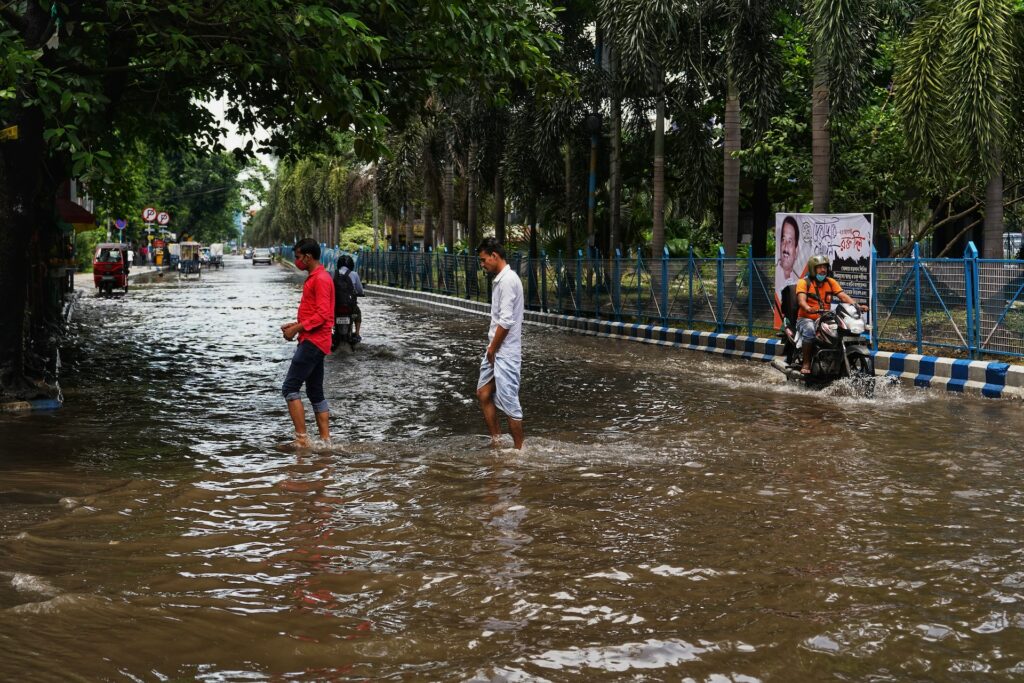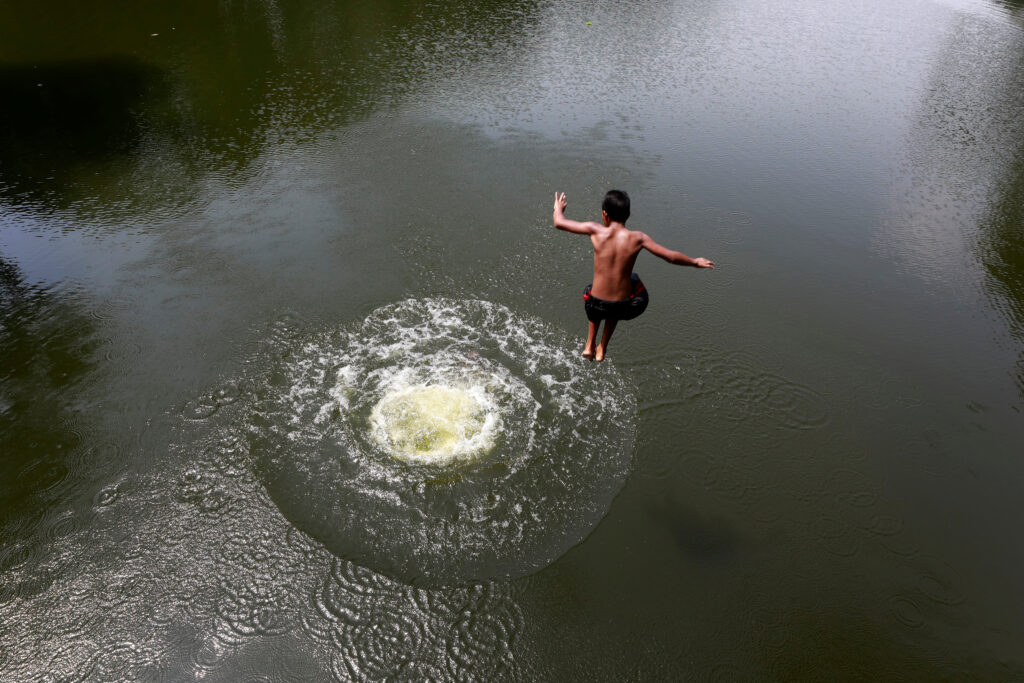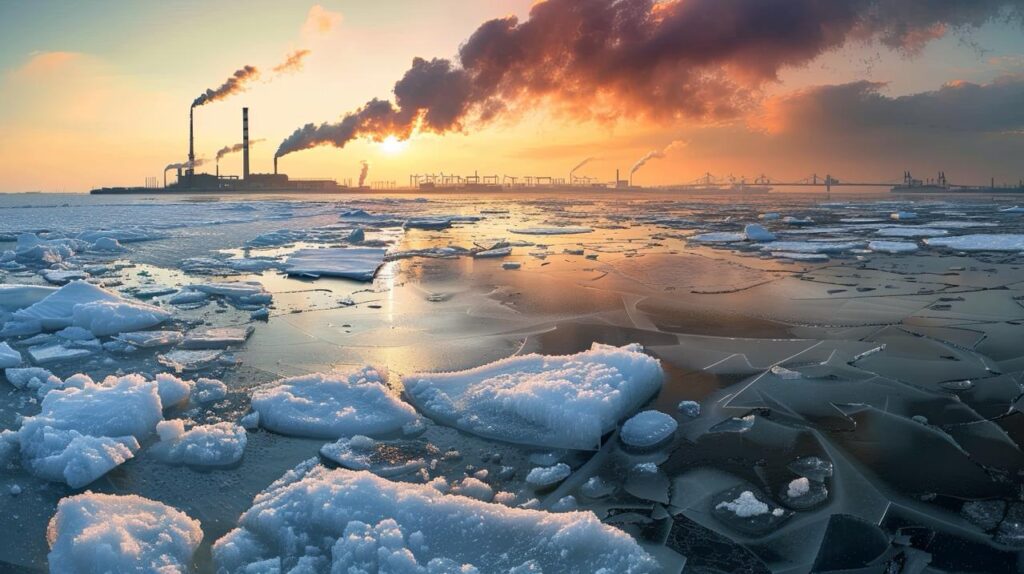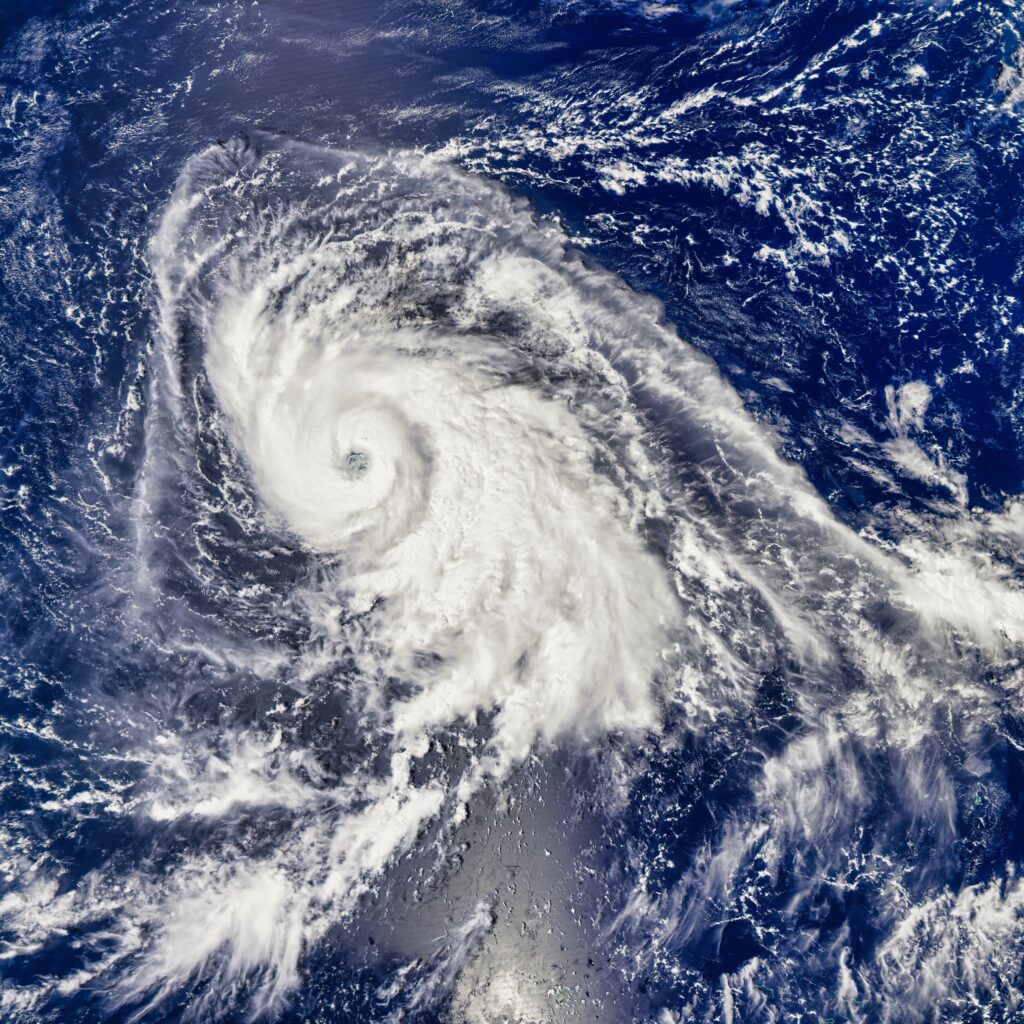The Olympic sponsors and partners wield immense power in terms of influence and reach. For the 2024 Paris Olympics, around 15 million people visited the French capital, with an estimated 1.5 billion watching live on TV and millions more following online. This captive global audience – including decision-makers in various industries – was more likely to believe and act on marketing campaigns endorsed by the International Olympic Committee (IOC) than they would outside of the Games.
Olympic Partner Programme and Olympic Sponsorship are filled with Planet-harming Companies
Therefore, the Games’ sponsors – the products they offer and the practices they employ – matter greatly. Yet a new report, Polluters on the Podium by the New Weather Institute, highlights how the highest levels of Olympic sponsorship are filled with planet-harming companies. By sponsoring the Olympics, these companies are purchasing a social license, which sways the public to accept their activities and buy into their messaging. These are the same tactics employed by harmful industries, such as tobacco, gambling and alcohol giants, to be positively viewed by the very people they are hurting.
When polluting companies are “given free rein to masquerade as green companies, consumers can be easily deceived into continuing to support pollution,” states the report, which calls on the Olympics to sever ties with polluting sponsors and align with genuinely sustainable partners. “If the IOC wishes to gain income from sponsorship it should, at the very least ensure that its sponsorship deals are aligned with its climate and environmental policies, and that it is not putting major polluters on its podium.”
How Greenwashing Harms Sports, Olympic Games and the Planet
Greenwashing, a tactic in which companies mislead the public about their environmental efforts, presents a significant obstacle in tackling the urgent issue of climate change. By promoting false solutions and delaying credible actions, greenwashing undermines genuine environmental progress. Many polluting companies also actively lobby to slow the transition towards clean energy sources, hindering the ability of countries, companies and individuals to make choices that do not harm the environment and themselves.
Greenwashing in sports, or sportswashing, therefore also harms the sporting industry and sportspeople themselves. For example, the climate crisis directly impacts athletes, with extreme heat events a significant and growing issue. A recent report highlights a multitude of stories from Olympic athletes whose health and careers are severely affected by escalating climate impacts.
International Olympic Committee Should Cut Its Ties with Climate Polluters
In light of these dangers, Rhydian Cowley, an Australian racewalker, has joined the growing number of Olympians concerned about greenwashing from Olympic sponsors. “Athletes are the face of sports,” said Cowley. “If they are silent on climate change, then so is sport – and the world will lose its chance to take meaningful action on climate change in time to prevent catastrophic loss and damage.”
More broadly, pressure is building to end the practice of agencies and organisations accepting funds from polluting companies and industries. In a speech in June for World Environment Day, United Nations Secretary-General António Guterres urged actors directly to “stop acting as enablers of planetary destruction,” and to “stop taking on new fossil fuel clients, from today, and set out plans to drop your existing ones.”
This message is echoed widely. In the report Going for Green, researchers from Carbon Market Watch said for the Olympic Games to uphold its commitment to environmental sustainability and social responsibility, it must sever ties with unsustainable sponsors.
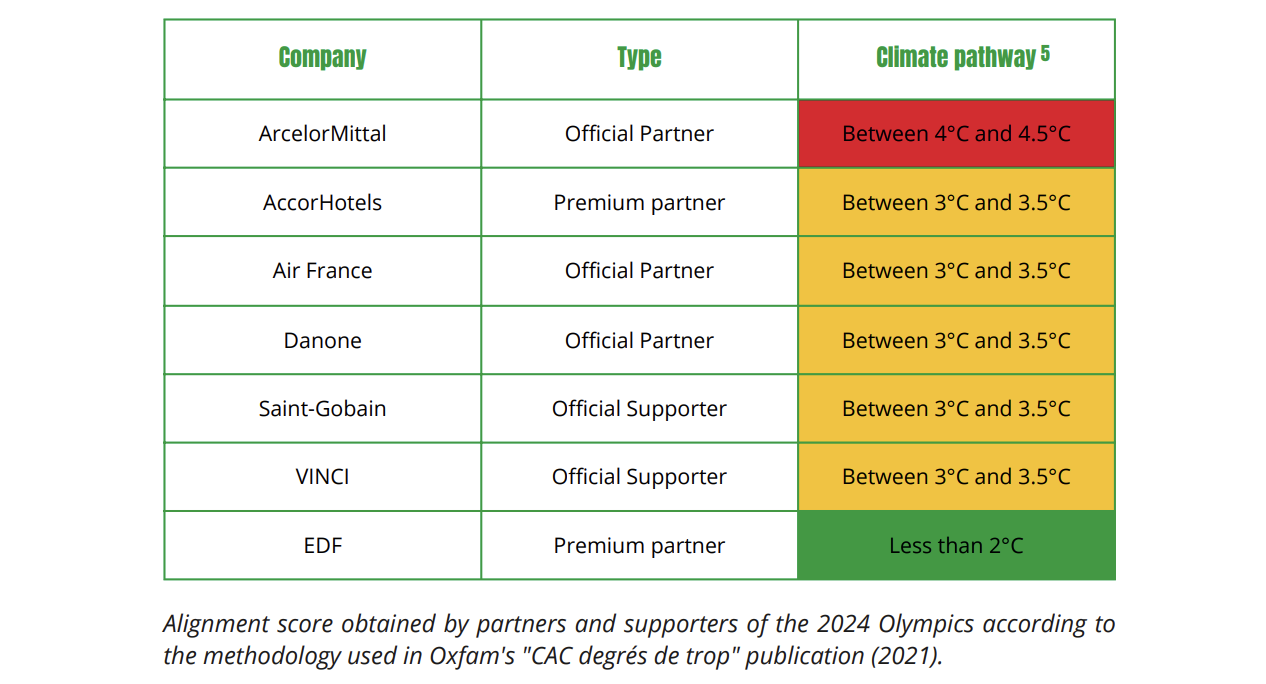
“As long as sponsors do the bidding of the fossil fuel industry or engage in other harmful practices, the event remains associated with these activities. By aligning with sponsors who prioritise sustainable practices, the Olympics can set a positive example for high-profile global events,” the report read. Researchers said that looking ahead, future Games must end their associations with polluting companies and actively seek sustainable sponsors that contribute positively to environmental and society-benefiting aims.
A Greener Future for Olympic Sponsors
Gilles Dufrasne, policy lead at Global Carbon Markets, explained to Climate Impacts Tracker Asia what the future of sustainable Olympic sponsorship could look like. “The idea is to promote companies that either are on a meaningful path to decarbonise, or companies whose core business is to provide products or services that are instrumental in the climate transition.” This could include energy companies with a portfolio exclusively or heavily dominated by renewable energy. Related industries could include battery manufacturers, railway operators, bicycle manufacturers, construction companies specialising in low-energy buildings, or green finance actors.
Of course, this transition is not easy, said Dufrasne. “Organisers need to bring in significant revenues, and big money is often with not-so-green companies.”
Actions To Shift the Dial
While there are challenges, there are some concrete options to shift the dial. For example, Olympic sponsors could be split between large companies that can bring significant sums of money and receive visibility and small local operators who might contribute in other ways — such as local food producers who can contribute to catering or local mobility solutions to deliver local transport.
Organisers could also create tiers of advertisers to ensure certain guardrails are implemented and avoid being dominated by large polluters. This could involve a blacklist of heavily polluting companies and their financiers, a grey list of companies transitioning but not fast enough, a light green list of companies making significant gains and a green list of climate leaders. Organisers could then accept only certain proportions of sponsorship from each list, said Dufrasne.
While solutions such as these represent a significant shift, there is no time to lose in fighting climate change by using every tool at our disposal. With sports and the Olympics directly threatened by escalating climate change, there should be no doubt it is in the sporting industry’s best interests to do so, too.
Evelyn Smail
Writer, United Kingdom
Evelyn is a freelance writer and journalist specialising in climate science and policy, the just energy transition and the human impacts of climate change. She writes for independent publications, NGOs and environmental organisations. Evelyn has a background in sustainable development, climate justice and human rights.
Evelyn is a freelance writer and journalist specialising in climate science and policy, the just energy transition and the human impacts of climate change. She writes for independent publications, NGOs and environmental organisations. Evelyn has a background in sustainable development, climate justice and human rights.


